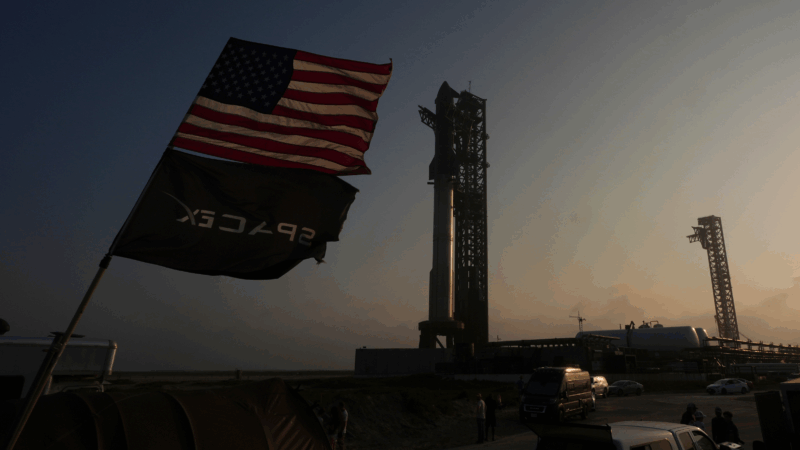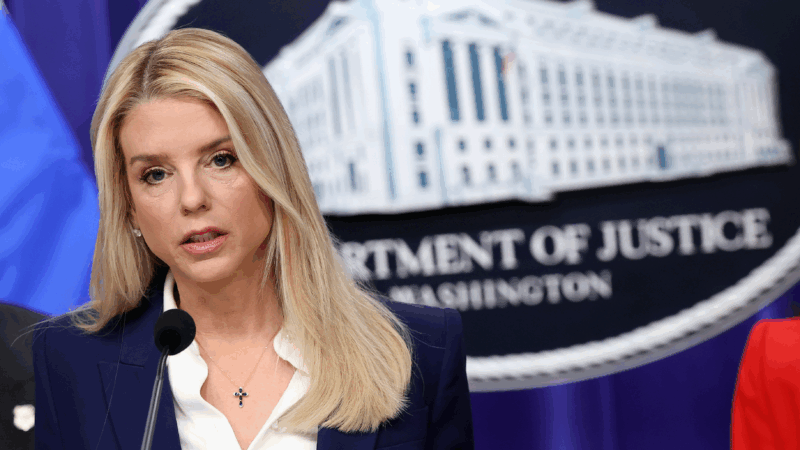Elon Musk’s Starship rocket will try to launch again tonight
Elon Musk’s giant, multi-billion-dollar mega rocket is set to take off again from Texas this evening on another test flight.
A one-hour launch window opens at around 7:30 p.m. EDT tonight. SpaceX will begin broadcasting on its website and on X around 30 minutes before the launch.
The scheduled flight comes after two spectacular failures earlier this year that saw the test vehicles explode high above the Caribbean, scattering debris and forcing aircraft in the region to scramble.
The rocket, known as Starship, is the largest ever built. On this flight, its lower stage, known as “Super Heavy,” will use 33 powerful engines to lift Starship to the edge of space. Starship will then separate from Super Heavy and ignite its six engines. It will fly around earth for less than an hour, conducting numerous tests, including the launch of several dummy satellites. The spacecraft will then reenter Earth’s atmosphere and “land” in the southern Indian Ocean.
Super Heavy, meanwhile, will fly back and land in the Gulf. The landing will be less spectacular than previous test flights, where the booster has been caught by a pair of giant mechanical “chopsticks.” SpaceX says it’s conducting the landing over water because it wants to test whether the booster can successfully land without one of its three center engines igniting. The engine will be deliberately disabled to see if the booster can compensate using other engines on board.
Starship has completed a similar journey three times before, but it never made it past North America on its last two test flights. Minutes after both launches, it exploded, showering the Caribbean islands of Turks and Caicos with debris and forcing airliners to divert from their flight paths.
SpaceX says it now believes the failures were caused by two separate problems with Starship. The first, in January, was caused by “harmonic response several times stronger in flight than had been seen during testing, which led to increased stress on hardware in the propulsion system,” according to the company. The second failure in March was caused by a hardware failure above one of the spacecraft’s six engines, which resulted in an onboard fire.
“While the failure manifested at a similar point in the flight timeline as Starship’s seventh flight test, it is worth noting that the failures are distinctly different,” the company said in a statement after its investigation of the second incident.
Shootings at school and home in British Columbia, Canada, leave 10 dead
A shooting at a school in British Columbia left seven people dead, while two more were found dead at a nearby home, authorities said. A woman who police believe to be the shooter also was killed.
Trump’s EPA plans to end a key climate pollution regulation
The Environmental Protection Agency is eliminating a Clean Air Act finding from 2009 that is the basis for much of the federal government's actions to rein in climate change.
Pam Bondi to face questions from House lawmakers about her helm of the DOJ
The attorney general's appearance before the House Judiciary Committee comes one year into her tenure, a period marked by a striking departure from traditions and norms at the Justice Department.
The U.S. claims China is conducting secret nuclear tests. Here’s what that means
The allegations were leveled by U.S. officials late last week. Arms control experts worry that norms against nuclear testing are unraveling.
From gifting a hat to tossing them onto the rink, a history of hat tricks in sports
Hat tricks have a rich history in hockey, but it didn't start there. For NPR's Word of the Week, we trace the term's some 150-year-history and why it's particularly special on the hockey rink.
Ukrainian sled racer says he will wear helmet honoring slain soldiers despite Olympic ban
Vladyslav Heraskevych, a skeleton sled racer, says he will wear a helmet showing images of Ukrainian athletes killed defending his country against Russia's full-scale invasion. International Olympic Committee officials say the move would violate rules designed to keep politics out of the Olympics.








